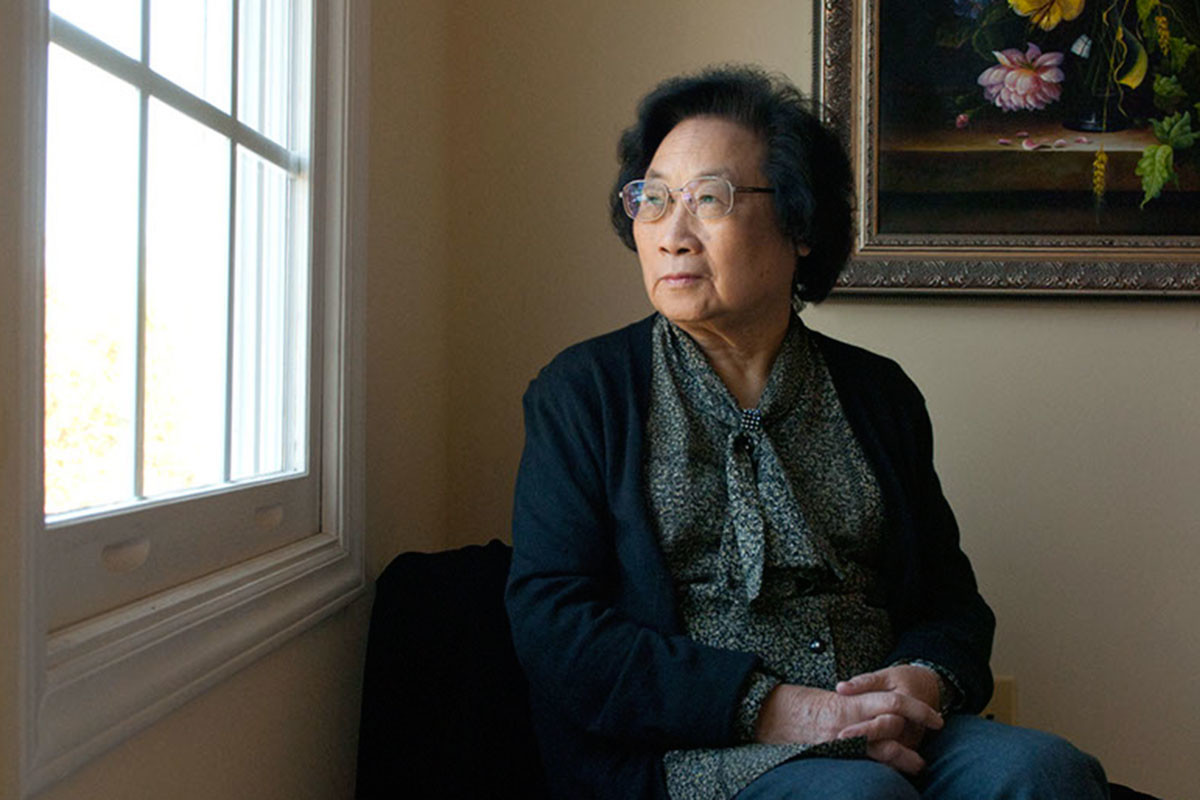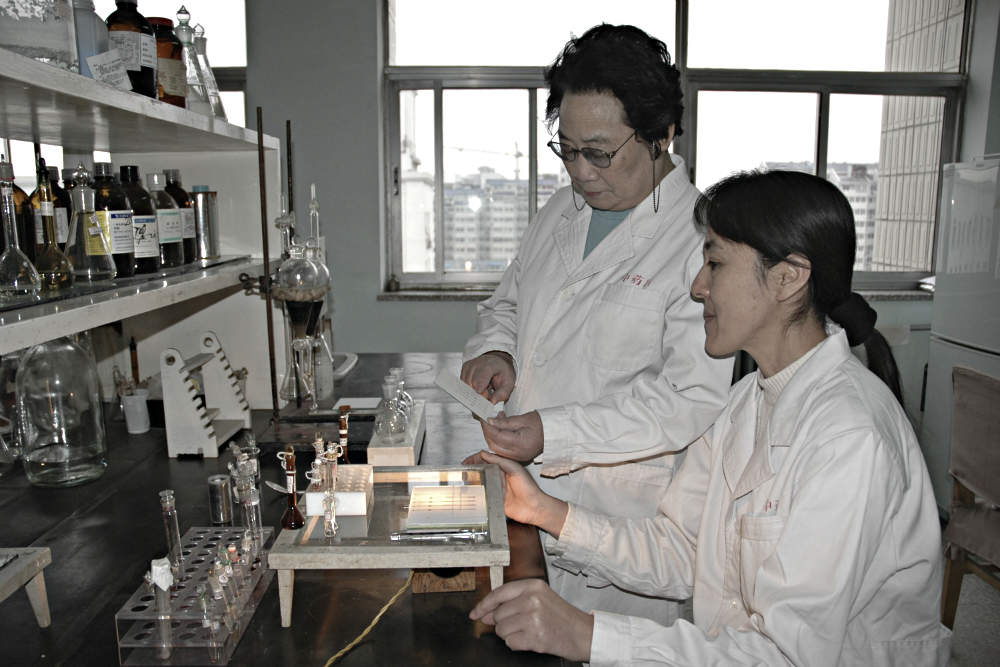
15th October 2015
This is Tu Youyou, an 84-year-old who just became the first Chinese woman to win a Nobel Prize for discovering artemisinin, a drug that has saved millions of lives from malaria and has become the mainstay of fighting the mosquito-borne diseases in the world today.
 Professor Tu Youyou working with a colleague in a lab in China.
Professor Tu Youyou working with a colleague in a lab in China.
While she won the Nobel Prize for medicine, what’s surprising is that Tu doesn’t have a PhD or, for that matter, a medical degree! Tu Youyou attended a pharmacology school in Beijing. Shortly after, she became a researcher at the Academy of Chinese Traditional Medicine.
In China, she is being called the “three noes” winner: no medical degree, no doctorate, and she’s never worked overseas.
She started her malaria research after she was recruited to a top-secret government unit known as “Mission 523”. In 1967, Communist leader Mao Zedong decided there was an urgent national need to find a cure for malaria.
At the time, malaria spread by mosquitoes was decimating Chinese soldiers fighting Americans in the jungles of northern Vietnam. A secret research unit was formed to find a cure for the illness.
Tu in her younger days worked with Chinese Professor Lou Zhicen and studied traditional Chinese medicine.
She scoured ancient texts and folk manuals and traveled to remote parts of China for clues, ultimately collecting 2,000 potential remedies and whittled these down to 380 and tested them on mice.
One of the compounds tested reduced the number of malaria parasites in the rodents’ blood. Derived from sweet wormwood, its use as a treatment for malaria was first recorded in 1600 years ago in China, when a manual recommended drinking juice extracted from the plant.
Her discovery resulted in the drug artemisinin — humankind’s best defense against the mosquito-borne disease, which kills 450,000 people each year.
On Monday, she was one of a trio of scientists awarded the Nobel Prize for medicine.
-
She first tested her medicine on herself to ensure it was safe
After the drug showed promising results in mice and monkeys, Tu Youyou volunteered to be the first human recipient of the new drug.”As the head of the research group, I had the responsibility,” she explained to the Chinese media. Shortly after, clinical trials began using Chinese labourers.

Tu was awarded the prize for discovering artemisinin, a drug that has helped significantly reduce the mortality rates of malaria patients.
Tu, however, says she was “not really surprised” to be recognised.
“We carried out this research over a number of decades, so to win this award was not a surprise,” the 84-year-old told the Qianjiang Evening News from her home in Zhejiang.
“I was a little bit surprised, but not really,” she said of the moment she learnt of the award as she watched television.
“It’s because (this prize) is not an honour just for me, but an honour for all Chinese scientists.”
She described artemisinin as a true gift from old Chinese medicine.
Today, Tu suffers from diabetes and ailing health, and the attention she has received since the announcement of her Nobel Prize has left her “very tired”, says her husband Li Tingzhao.
“She doesn’t go out often” and was not thinking about holding a press conference, Li says.
See full story at http://says.com/my/news/tu-youyou-wins-nobel-prize-for-malaria-drug-discovery
